
Zico sporting hip-hop markers of faux 'authenticity': chains, grillz and tattoos.
What is authentic hip-hop?
 Between the underground hip hop scene, rap battle shows, record label trainee auditions, and mainstream idol rappers, it seems like there is no shortage of methods to attain widespread fame as a rapper in the South Korean Music Industry. However, challenges have begun to rear their faces as rappers are beginning to be carefully examined for any negligence to acknowledge their own instances of cultural appropriation by international and domestic fans alike. Xenophobia, or an irrational dislike of people from other countries, exists as a rampant issue in South Korea and is often times projected onto the genre of Rap and Hip Hop. Frequently, it is thought of as a second-class music genre and subconsciously or purposefully, artists are prone to involving themselves into scandals involving instances of utilizing the "N" word or imitating a 'black voice'. It seems that the way to attain mainstream fame as a rapper is to remain vigilant in understanding those who have set the precedent for the genre before oneself.
Between the underground hip hop scene, rap battle shows, record label trainee auditions, and mainstream idol rappers, it seems like there is no shortage of methods to attain widespread fame as a rapper in the South Korean Music Industry. However, challenges have begun to rear their faces as rappers are beginning to be carefully examined for any negligence to acknowledge their own instances of cultural appropriation by international and domestic fans alike. Xenophobia, or an irrational dislike of people from other countries, exists as a rampant issue in South Korea and is often times projected onto the genre of Rap and Hip Hop. Frequently, it is thought of as a second-class music genre and subconsciously or purposefully, artists are prone to involving themselves into scandals involving instances of utilizing the "N" word or imitating a 'black voice'. It seems that the way to attain mainstream fame as a rapper is to remain vigilant in understanding those who have set the precedent for the genre before oneself.

Inner City youth taking part in the DIY movement of hip-hop.
A brief overview of the origins of hip-hop
Rap and Hip Hop historically stem from the inner city of the United States. Most notably, the Bronx is revered as a birthplace for which the Afro-Caribbean style of music evolved into a method of artistic expression against an institution that marginalized people of color. However, many netizens fail to acknowledge that hip hop is not simply 'rap music', and is accompanied by a specific culture that includes four stylistic elements including MC-ing/Rapping, Scratching/DJ-ing, break-dancing and graffiti art. The subculture of hip-hop took the world by storm and youth in the mid-80's could all be seen adorning cardboard to B-Boy on or spraying a tag under the local bridge. Through this, people of different societies and communities have become closer in contact, giving way to globalization, a term that refers to the free movement of goods, capital, services, people, technology, and information across borders. Hip-Hop has manifested itself in many ways through this phenomenon.

A shot of a group of inner city youth b-boying in the movie 'Wild Style'.
Wild Style and its subsequent effects on Asia
In fact, Asia was late to experiencing hip-hop in its mainstream culture. Its initial reception was brought on by the cast of Wild Style, a film about hip-hop culture, in 1983. The film and hip-hop, in general, struggled with both rejection and censorship from the local Japanese government, but the irony lied in the fact that though the music was written off as profane and demeaning, the fashion and lifestyle were considered 'trendy' and soon became popularized by many wanting to emulate the 'hip-hop lifestyle'. Hip-Hop in Asia at this point rode an ironic line in which those who appropriated the culture did not share an authentic connection with the music or the message, but rather choose to flaunt the lifestyle through materialism.

SimonD and Jay Park sporting popularized hip-hop cultural apparel: Gucci.
Markers of authenticity
Many argue that hip-hop has certain markers of authenticity that show whether a song or artist is true 'hip-hop'. These markers can include accent, appearance, song style, and many other subjective biases. Though hip-hop has definitive roots, the metamorphosis of the genre is harder to argue about. With newer age hip-hop rap emerging over the old school 'toast and boast' stylings, markers of authenticity prove to be a topic of dissidence among many. There are a few markers of authenticity that are agreed upon by the general public, but it can be noted that young people tend to utilize the cultural resources presented to them by their favorite pop culture sources to prescribe meanings that form their individual perception of authenticity in hip-hop.

Epik High's DJ Tukutz operating the turntables at Coachella.
What should we look for in a good rapper?
Perhaps it is not the rapper's ability we should focus on, but the content of which they choose to speak on. In a country such as South Korea, perhaps it is not the wisest option to rely solely on tv shows or trainee auditions as methods of attaining success, but rather focusing one's abilities towards understanding the historical significance of one's predecessors and aligning oneself with one's own community. Though it seems many artists are in search of a globally unified hip hop community that bonds over hardship and unifies a collective interest, there does not exist a hip hop utopia where differences can be easily diminished. Nonetheless, by understanding the genre's history and political significance, a rapper can attain success by localizing their own community to align to a less problematic and well-educated reception of hip-hop culture in South Korea.

 SHARE
SHARE




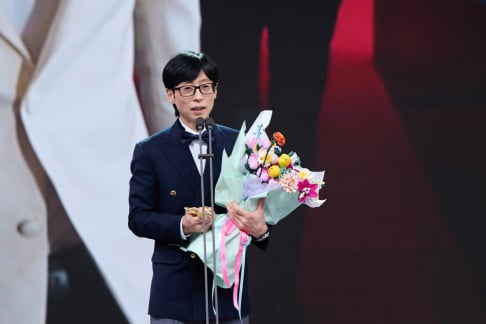



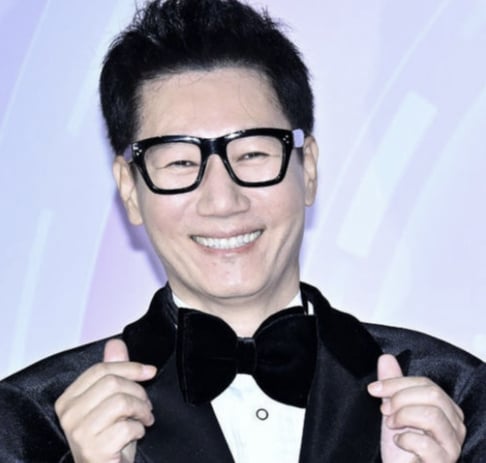
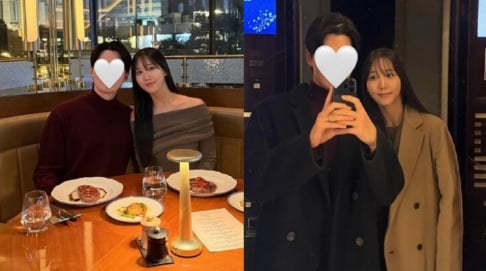
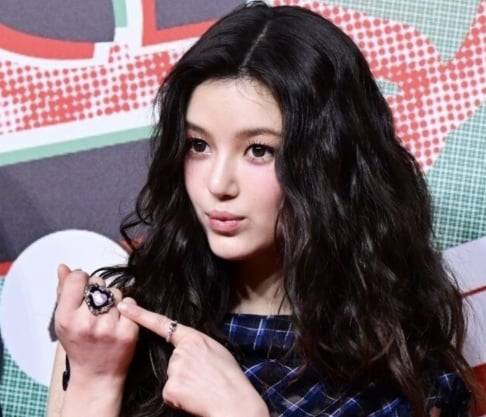
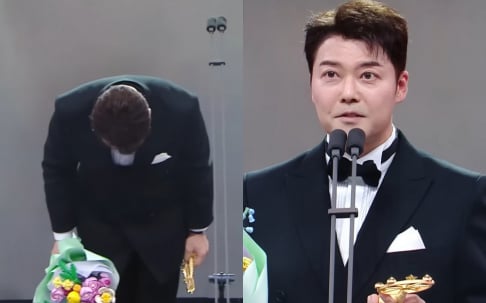
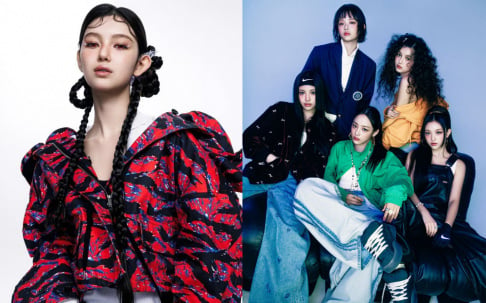




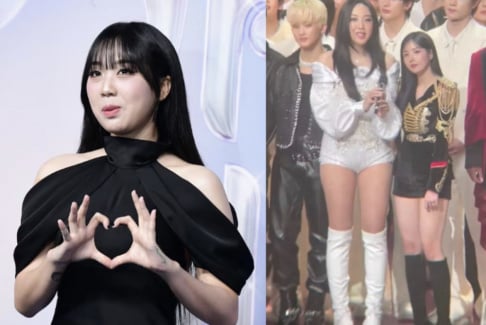

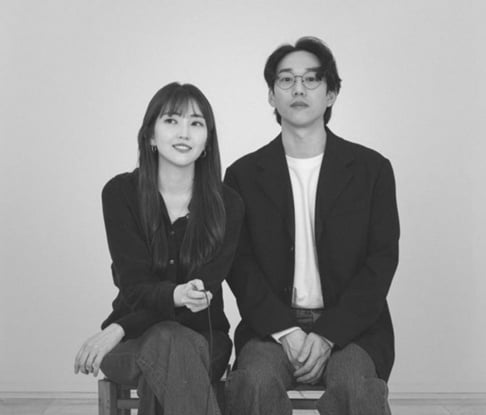





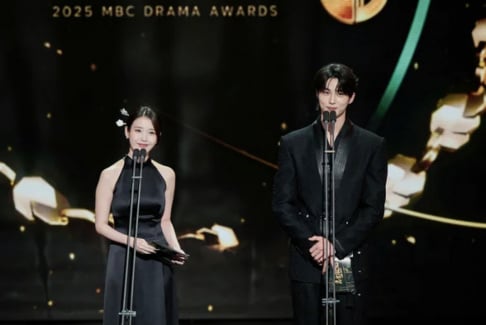
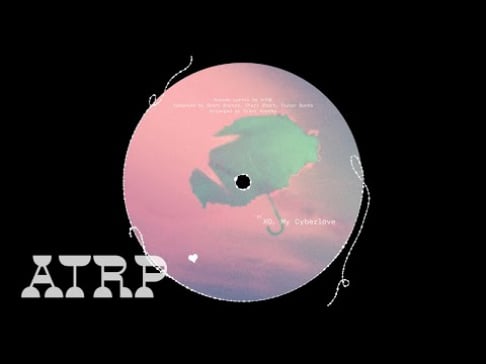


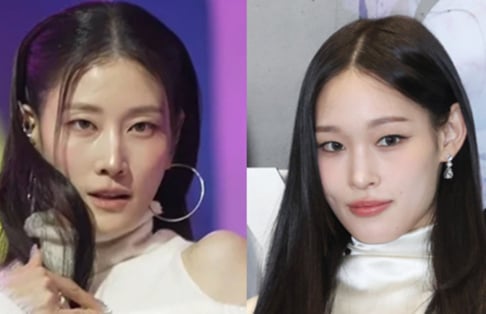

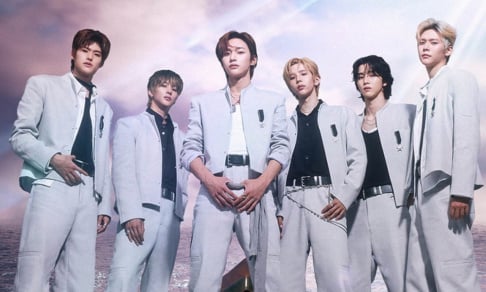
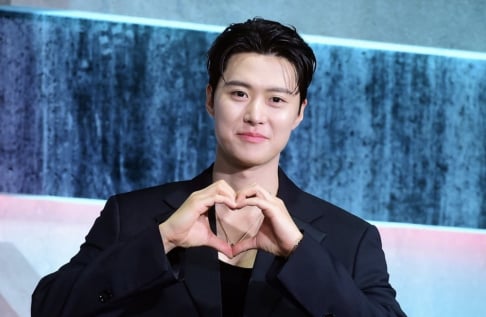
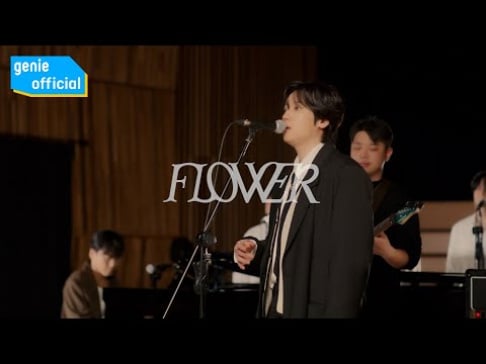

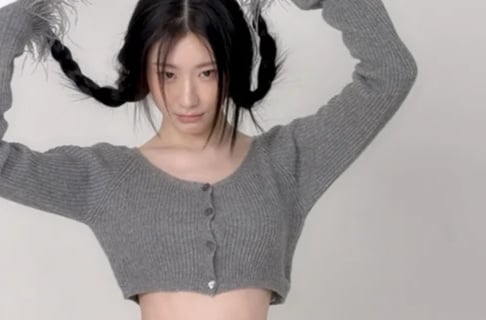
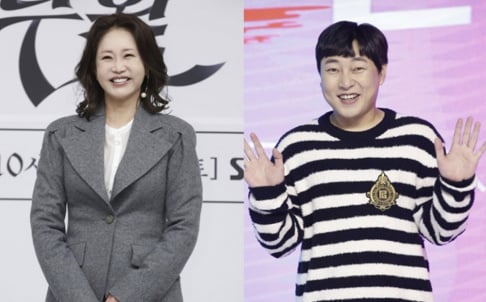


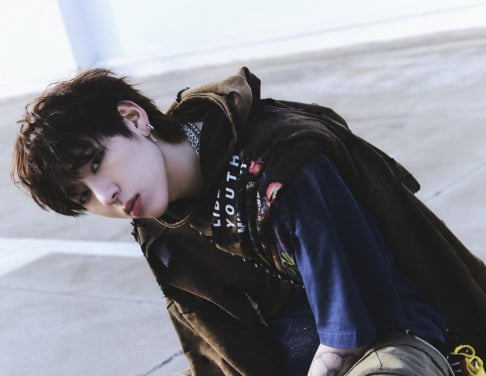







Log in to comment